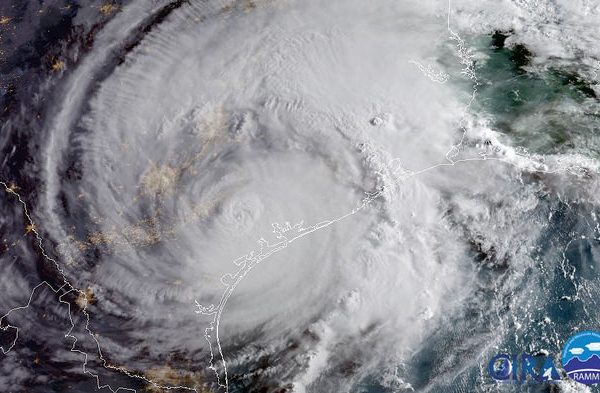
Widespread flooding. Downed power lines. Broken poles. Failed transformers and breakers. Leaking pipes. Shut down refineries. The toll that a catastrophic storm takes on the energy value chain is significant. A functioning power grid, clean water and reliable fuel sources are critical for public safety and economic recovery. Even with


